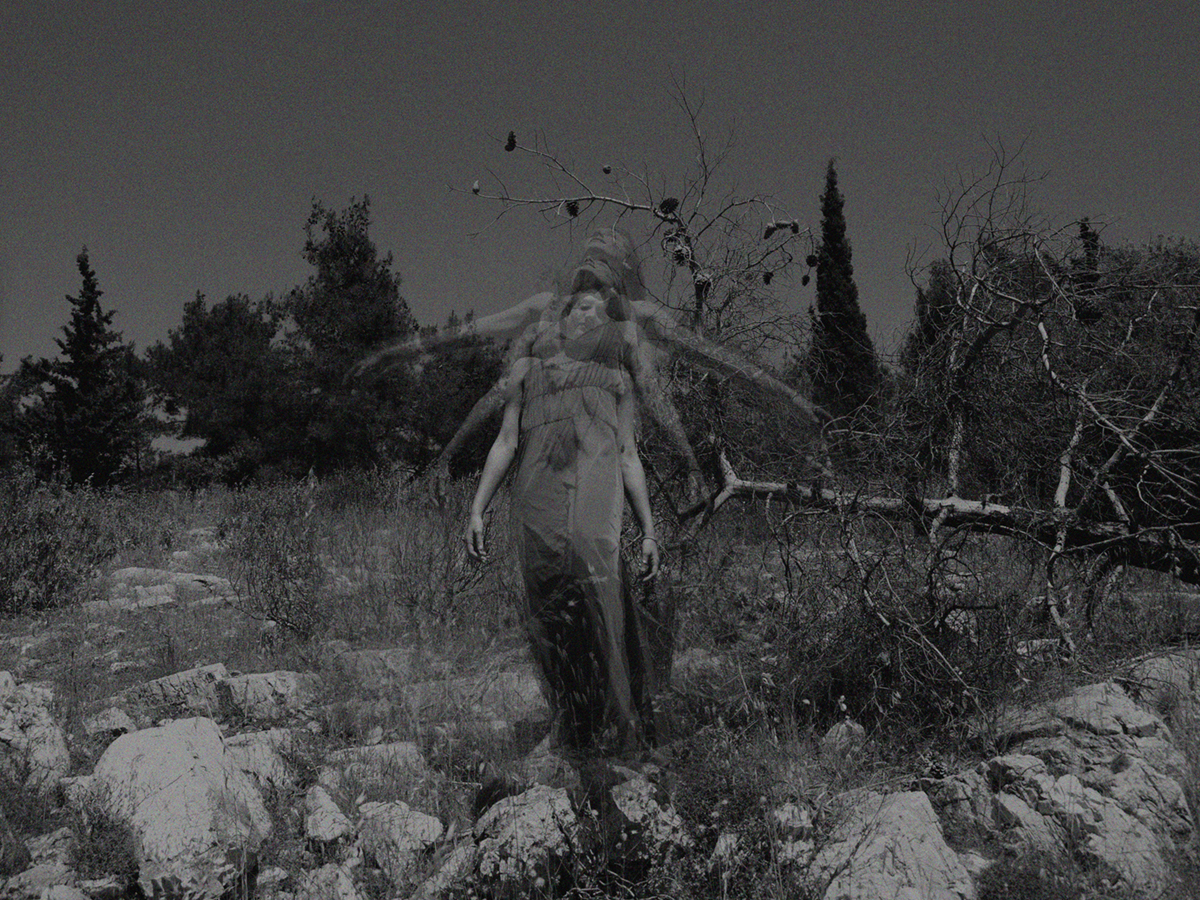
Hallucinations & Delusions
These two phenomena are not the same. Namely, there are crucial differences between them. Hallucinations are states of mind where you are capable of experiencing visuals, smells, feelings and other sensory stimuli, not being produced by any external factors but, rather, by your mind. Basically, you are seeing, feeling and smelling things which actually do not exist. Delusions on the other hand are strong beliefs in the truth and sustainability of something which is false, even though the majority of people refuse to believe in the same thing and do not accept it.
Further on the Two
When we are to explain the reasons behind hallucinations, we can mention several different things. Basically, excessive exposure to stress, exhaustion, or a mental illness all may be the possible causes of this phenomenon. Moreover, it might be triggered by some kind of medications, having hallucinations as their side-effect. Therefore hallucinations may vary regarding the senses they influence, being visual, affecting one's smelling, taste, touch or hearing.
There are different types of delusions as well. One may have a delusion of control, jealousy, guilt or sin, religion and many other things. All these make a person believe in something which is not true, nor is accepted by the majority of people.
Causes of Hallucinations
As mentioned above, there are many mental illnesses which can trigger hallucinations. Some of them are schizophrenia, bipolar disorder, dementia etc. Besides medications, drugs can cause hallucinations too, especially LSD and similar ones. Paradoxically, staying off drugs after consuming them may lead to hallucinations as well, since these phenomena are a possible withdrawal symptom. Finally, headaches, migraines or direct brain damage may all lead to hallucinations of different types.
Causes of Delusions
Again, mental illnesses which lead one to not thinking realistically or losing the sense of reality can all give birth to delusions. Some of these are schizophrenia, schizoaffective disorder, delusional disorder etc. Also, dementia, delirium, bipolar disorder, depression and several other mental illnesses of this type can cause delirious states of mind.
Treatment
In both cases, whether the patient is suffering from delusions or hallucinations, the treatment involves dealing with the causes behind the problem. Therefore, in most cases, adequate medications and psychotherapy can help reducing many symptoms and allowing a person to lead a normal life once again. However, a delusional person is much more difficult to be treated, due to the strength of his/her beliefs. Yet, upon being admitted to any medical facilities, these patients are assessed correctly and their medical history is taken into consideration before other tests are done.








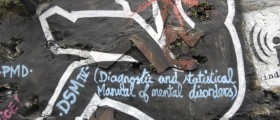

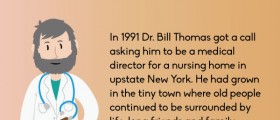



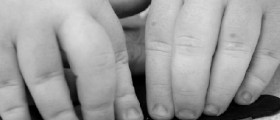

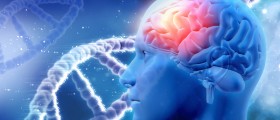
Your thoughts on this
Loading...